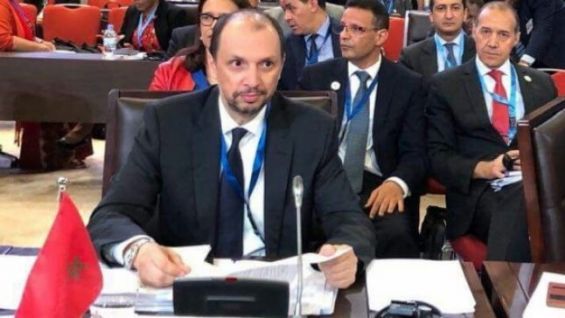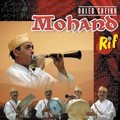In his Green March speech, King Mohammed VI called for the creation of a joint political mechanism for dialogue and consultation with Algeria. How does Morocco envision this mechanism ?
It is an open mechanism and not something that we impose on the country. Today, this plan can be operational because it is not just a simple declaration. It is really about proposing a roadmap that works.
The main goal of this project is to sit and openly address all misunderstandings between the two states. It is also aiming to strengthen and revive bilateral and economic ties between the two countries and make up for all the past lost opportunities.
It is also about setting up a direct and frank dialogue, touching upon common issues, including migration and the fight against terrorism.
Moreover, this mechanism is expected to be completely flexible. Morocco and Algeria will be free to set the whens and hows.
Today, Morocco, as His Majesty declared, is open to all initiatives Algeria may want to offer in this regard.
Do you think the royal initiative has fallen on deaf ears in Algeria ?
I am deeply convinced that the initiative will be well-received in Algiers. One cannot not be touched by the proposal made public by His Majesty. Today, we are reaching out to Algeria and it is real and sincere. Our Algerian friends can only respond favorably to this plan.
«Morocco will invest in effective, wealth-generating economic partnerships with all countries and economic blocs», said the King. Does this mean that the Kingdom is planning to target other economic groupings, away from ECOWAS ?
Morocco is already part of other economic groupings, such as the Community of Sahel-Saharan States and the Arab Maghreb Union. Morocco is awaiting the Economic Community of West African States’ response and is following up with the process. To the best of my knowledge, it is not a matter of knocking on economic groupings' doors but of reviving relations with their members.
King Mohammed VI said that «the position of most African nations is similar to ours» on the Sahara. However, Morocco refused to let the African Union interfere in the settling of the dispute. How do you explain that ?
It is important to remember that the process is carried under the auspices of the United Nations and that we cannot conduct multiple processes at the same time. Moreover, it is not Morocco that refused to let the African Union address the conflict but AU countries voted for that in Nouakchott, during a summit.
The former, current and future chairmen of the African Union can hold a meeting to discuss the political process of the Sahara issue once a year. However, the unique and exclusive mechanism is the one conducted by the UN, which believes that the Autonomy plan introduced by His Majesty the King in 2007 is credible, realistic and serious.
The AU leaders are expected to review the continental body. What does Morocco think of that ?
The African Union is looking forward to improving its institutions. Today, President Paul Kagame is working on that. We held ministerial meetings in Addis Ababa on the same topic. Morocco fully supports the propositions of President Kagame.
Reports suggest that Morocco, since it joined the African Union, wants to reform the Constitutive Act of the pan-African organization. Is this true ?
We have never said that. We are working with the AU teams, with its current President Paul Kagame and with the organization’s chairman Moussa Faki Mahamat. We are currently participating to reforming the technical aspects but we have never announced that we want to review the AU’s Constitutive Act.





 chargement...
chargement...













